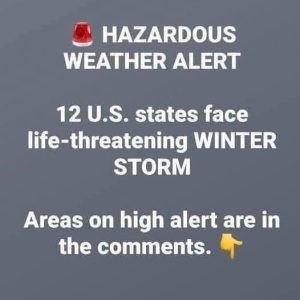If World War 3 were to occur, the consequences would reach far beyond conventional combat, involving cyber warfare, economic coercion, space-based weapons, and long-range missile attacks. While no nation would be entirely immune, some are considerably safer due to factors like geography, neutrality, and historical non-involvement in conflicts. Switzerland, with its mountainous terrain, long-standing neutrality, and extensive fallout shelters, is often viewed as one of the safest. New Zealand also ranks high due to its remote South Pacific location, energy independence, and robust agricultural base. Bhutan, nestled in the Himalayas and committed to non-interference, and Iceland, known for its lack of military forces and peaceful society, are also considered low-risk. Meanwhile, Costa Rica stands out for abolishing its military decades ago, focusing instead on social development, which contributes to its internal stability.
However, some previously neutral countries like Finland and Sweden have increased their exposure to global tensions by joining NATO, especially given their proximity to Russia. Other nations such as Ireland, Singapore, Argentina, and Chile maintain various levels of neutrality or geographic isolation, offering relative safety but remaining vulnerable to indirect threats like cyberattacks or economic fallout. The defining qualities of a safe country in global conflict include geographic isolation, neutral diplomacy, military non-alignment, and strategic insignificance. Secondary factors include food self-sufficiency and social cohesion. These traits, present in nations like Switzerland and New Zealand, exemplify how peace and preparedness can coexist. For those seeking refuge in times of global crisis, these countries offer a blueprint for resilience and hope.





